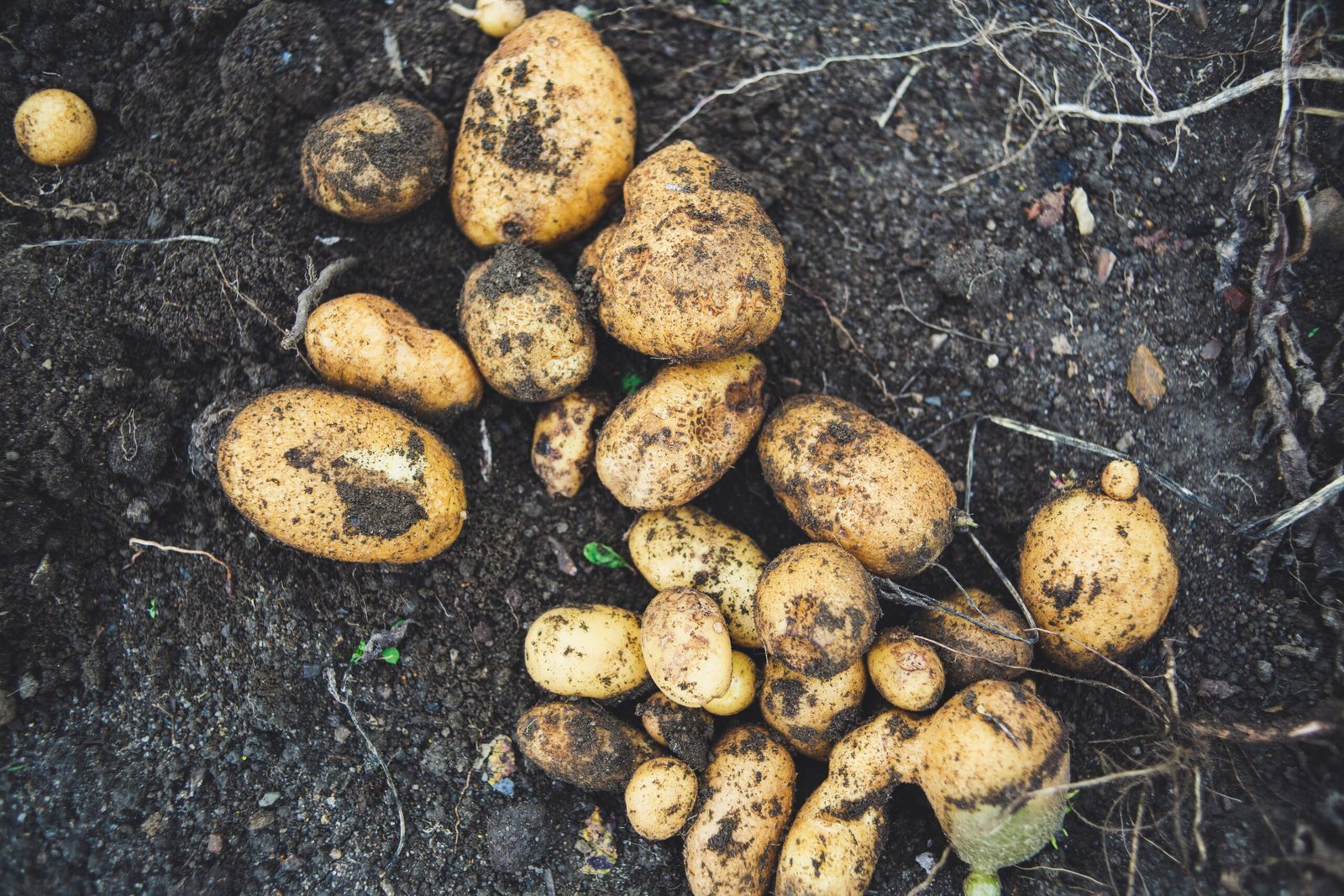
Understanding The Benefits Of Urban Gardening
Food, beautification, climate change reduction, community unification, recycling of waste, and many more are the benefits of urban gardening.
Urban gardening is the practice of growing plants in an urban environment. It involves anything and everything that deals with the cultivation of plants in cities (urban areas) for either commercial, domestic, or aesthetic purposes.
It is an effort to bridge the gap of plant production that exists between the rural areas and urban centers and a movement for sustainable cities. It has become widespread and gradually dominant as more and more cities are adopting the system.
Here are some benefits of urban gardening.
FOOD PRODUCTION
In the past, the urban areas were the places where people migrated to rural areas like villages, farm settlements, or the countryside to look for jobs. With each advancement in a civilization, more and more people left rural areas for jobs in the city resulting in a great drain of people from farm settlements and a great cluster of people in the cities.
The rural areas became reduced to locations for the production of food products while urban areas became identified as the large consumers of food from rural areas.
During the lockdown, many families liberated themselves from buying food from farms or stores by planting in their backyards and even inside their homes. A handy guide at Harper Nurseries reveals a wide range of planting ideas and gears for planting for anyone wishing to start gardening or food production in the city. Urban gardening promotes the production of food products e.g. fruits, nuts, vegetables, tubers, and many more in the city, by, and for the city dwellers.
MANAGEMENT OF WASTE
Because of the large population of humans in urban areas, lots of waste (organic solid waste and water waste) are generated in large quantities. Now because of the poor waste management system, most cities especially in the developing and underdeveloped countries of the world have poor management systems.
A majority of the waste ends up being improperly managed and ends up causing pollution and infection in most cities. Urban gardening could change all that. We could use the organic solid waste from homes for fertilizer and wastewater for irrigation.
That will lead to an increase in food production and improved waste management. Through urban gardening, we will conserve natural resources when wastewater is used for irrigation which allows the use of clean water for other purposes.
BEAUTIFICATION OF THE ENVIRONMENT
Nature is the epitome of beauty. The beautification of any environment can be easily achieved if they give it a natural outlook.
From vibrant flowers to tiny shrubs and towering trees, all-natural elements leave places more beautiful. The most beautiful places in the world are also among the most natural places. Indoor planting is becoming widespread because it leaves homes with natural scenery and with indoor planting, you don’t have to go outside before you experience nature. You can call Round Rock arborists for gardening services to help you with this.
FOSTERS COMMUNITY RELATIONSHIPS
Urban gardens create opportunities for people to volunteer to contribute to urban farms through planting, weeding, harvesting along with other members of the community. Planting together brings people together, and it also brings people closer to nature. A well-established community garden is the Seattle P-Patch where people are encouraged to become part of a community of gardeners.
REDUCTION OF POLLUTION
A majority of urban centers are grossly polluted. Increased food production, consumption of packaged foods, management of waste, and nonchalant attitude to environmental welfare are among the many causes of urban area pollution. Currently, on our planet Earth, plastics, nylons, and metals from packaged foods make up a great percentage of pollutants all over the world. Increased food production will reduce the consumption of packaged food and encourage the consumption of fresh farm products.
Air pollution in the cities is a major health and environmental problem. The substantial amount of diesel-using vehicles, industrial plants, and factories in cities introduce large and harmful amounts of carbon into the atmosphere. People living in cities are more prone to gain respiratory diseases than people living in cities.
The planting of trees through urban gardening will introduce trees and plants that will act as carbon sinkers. These plants will use the carbon humans exhale from their bodies and the one produced from their activities to produce food for themselves during photosynthesis and we take in that oxygen to survive.
ALLEVIATION OF POVERTY
Many people live in the cities and are unemployed in cities. Prolonged unemployment may eventually lead to poverty. Urban gardening is a modern way of improving the quality of life in urban areas. It a powerful way to transform cities into sustainable ones and a dominant method to foster good living in urban communities.










